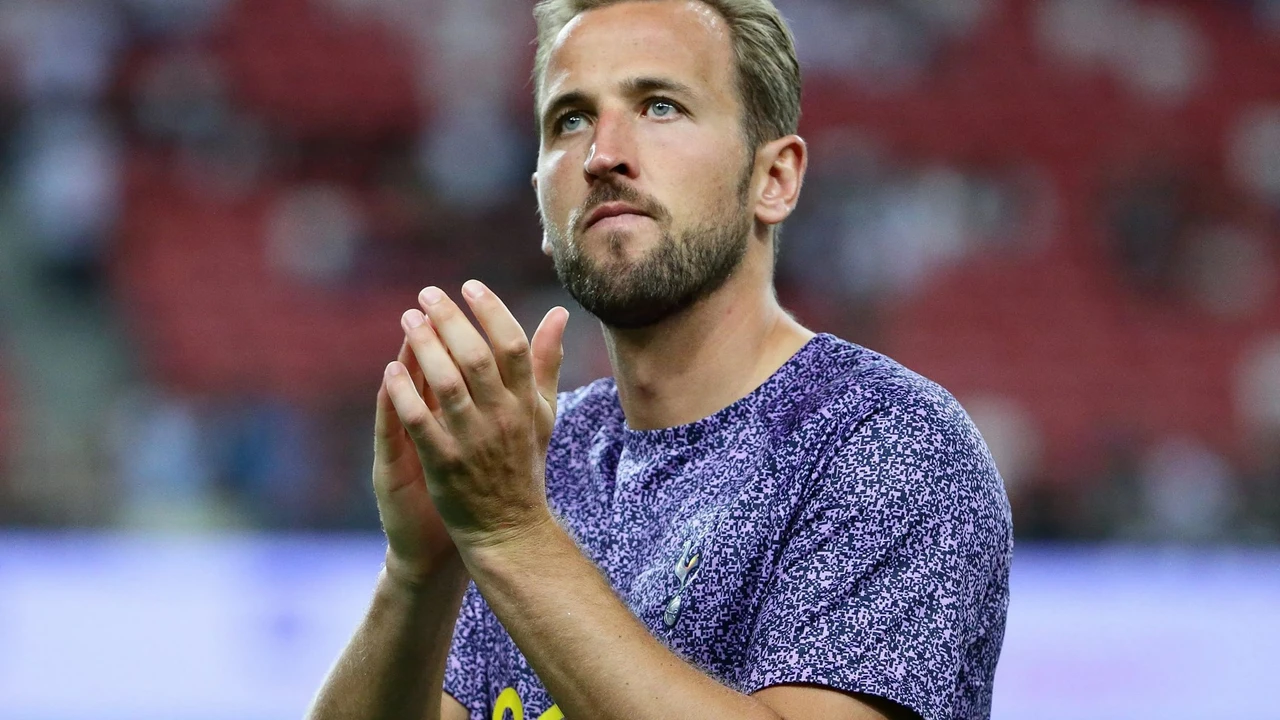Player Contracts: The Basics Every Fan Should Know
Ever wondered what really lives in a footballer’s contract? It’s more than just a salary figure. Knowing the main bits can help you understand transfer news, why a player leaves, or why a club refuses an offer. Below we break down the common sections, the negotiation process, and the clauses that shape a career.
What’s inside a football contract?
First off, a contract lists the player’s name, the club, and the start and end dates. Most deals run for three to five years, but big stars sometimes sign longer, and youngsters often get shorter terms. The salary part is simple – it tells how much the player gets each week or month, plus any bonuses for goals, appearances, or team success.
Then come the clauses. A release clause sets a figure that, if another club pays it, the player can leave without the current club stopping the move. Not every contract has one, but many top leagues use them. Performance bonuses reward hitting targets like scoring a certain number of goals. Image rights cover money from marketing deals; clubs may keep a share, especially if they help promote the player.
There’s also a termination clause that explains what happens if the contract ends early – for example, if the player retires or breaches conduct rules. Finally, many agreements include a loyalty bonus that pays extra if the player stays for the whole term.
How are contracts negotiated and what can change?
Negotiations start when a club shows interest. The player’s agent (or a legal rep) talks to the club’s management about salary, length, and bonuses. It’s a give‑and‑take: a higher salary might mean a shorter contract, or a bigger release clause could be swapped for better performance payouts.
During the season, contracts can be tweaked. If a player is performing exceptionally, the club might offer a contract extension with improved terms to keep them happy. Conversely, if a player gets injured, the club may renegotiate to adjust wages or add medical clauses.
Transfers add another layer. When a club wants to buy a player, they must agree on the transfer fee with the selling club and also on the personal terms with the player. The personal terms are the new contract – salary, bonuses, length, and any new clauses. That’s why you sometimes see a player agree on a move but the deal falls through: the clubs can’t agree on the fee, or the player isn’t happy with the new contract.
Fans can keep tabs on contract talks by watching official club statements, reputable sports news sites, and sometimes the player’s own social media hints. Rumors spread fast, but the real details only appear once the paperwork is signed.
Understanding these basics helps you see why a club might reject a bid, why a player signs a short‑term deal, or why a release clause suddenly makes headlines. Contracts shape careers, and knowing the pieces gives you a clearer picture of the beautiful game’s off‑field drama.

What are personal terms in a football transfer?
Alright folks, let's talk football transfer! So, personal terms in a football transfer are like a secret handshake, but instead of just a cool move, it's a player’s contract details with the new club. It's a whirlwind of negotiations over salary, bonuses and contract length. Imagine being on a first date but you're also haggling for your future paycheck, nerve-wracking right? But don't sweat, it's all part of the game. So next time your favorite player is on the move, remember, they're not just packing their kit bag, they're also hashing out these personal terms.
More Detail